"AI no Idenki" is a medical science fiction story set in the near future where human-like humanoids make up 10% of the Earth's population. In the real world, the rise of AI technology such as chatGPT is booming enough to make the news on television. If this situation continues to evolve, we may one day reach a world like the one depicted in "AI no Idenki." A key point in this regard will be the "singularity" (technological singularity). In this article, I would like to delve deeper into the concept of "singularity."
What is a "singularity" (technological singularity)?
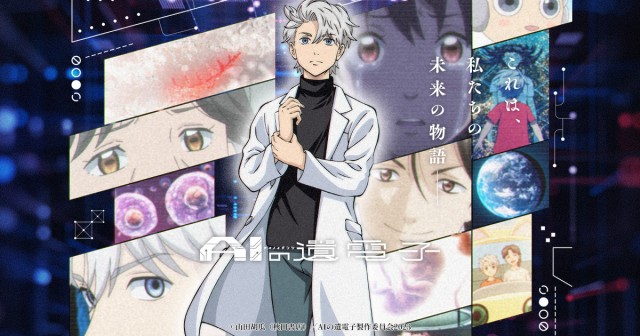
The English word "singularity" translates to "technological singularity" in Japanese. While the term "singularity" itself is a mathematical concept, it is also used in physics, and the term "gravitational singularity" in black holes is probably well-known. When referring to "singularity" without regard for mathematical or scientific precision, it is generally used to mean "a turning point from which there is no return." The official title of the animated Godzilla film aired in 2021 is "Godzilla S." The title of the video was "P
Definition of "Singularity"
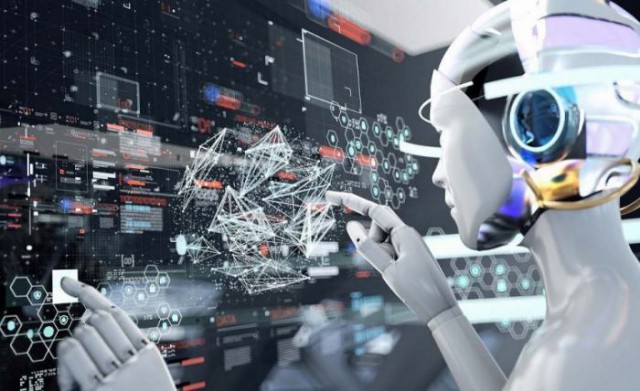
For example, James Watt's invention of the steam engine was an unmistakable "technological singularity" in that it brought about the Industrial Revolution, irreversibly transforming the industrial structure of society as a whole and clearly separating the Middle Ages from the modern era. However, when the word "singularity" is used in a science fiction context, it refers to the point at which AI significantly surpasses human intelligence. The literary genre of science fiction has long loved catchy slogans like these, and is known for categorizing and promoting similar works under terms like "space opera," "widescreen baroque," "new wave," "cyberpunk," and "steampunk." "Singularity" has been frequently used in science fiction circles for the past 10 years or so, with the aim of succeeding cyberpunk, which has become popular with the general public. However, I personally feel that the sound of the term is not as catchy as cyberpunk, and the concept itself is somewhat difficult to understand, making it a slogan that has not been widely adopted.
Are we on the verge of the "singularity"?
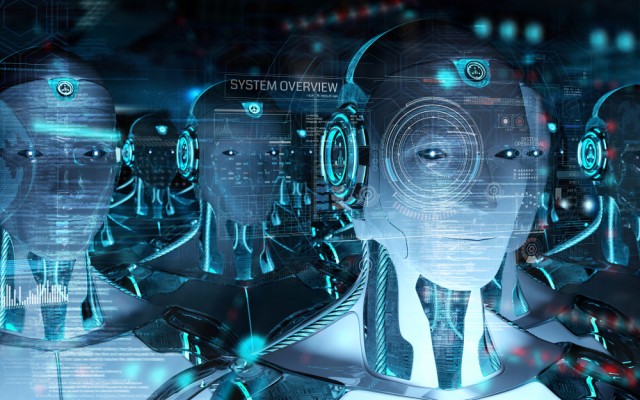
The invention of the steam engine led to the emergence of horse-driven carriages (i.e., automobiles), which could propel themselves without horses. As a result, the jobs of "coachman" and "groom" that had existed until then became obsolete. (Instead, new jobs such as "chauffeur" and "automobile mechanic" emerged.) As AI advances further and a world in which fully autonomous driving becomes commonplace arrives, the job of "driver" may disappear, just as it did for the "coachman" of old. This is a good example of the "singularity," but it has also been pointed out that AI may replace occupations that require the skill of "deriving answers to problems based on the accumulation of vast amounts of past data," an area in which AI excels. These occupations have traditionally required long periods of study and advanced knowledge, such as legal professions such as judges, prosecutors, and lawyers, diagnostic doctors, and translators. Conversely, occupations that are difficult to replace with AI include those that require face-to-face customer service, such as fast food and convenience store clerks, and are said to survive even beyond the singularity. The world in which such an occupational paradigm shift occurs due to the occurrence of the singularity will be a world that is clearly different, at the very least, from the view of occupations that we currently recognize as "common sense."
Ray Kurzweil, Proponent of the Singularity
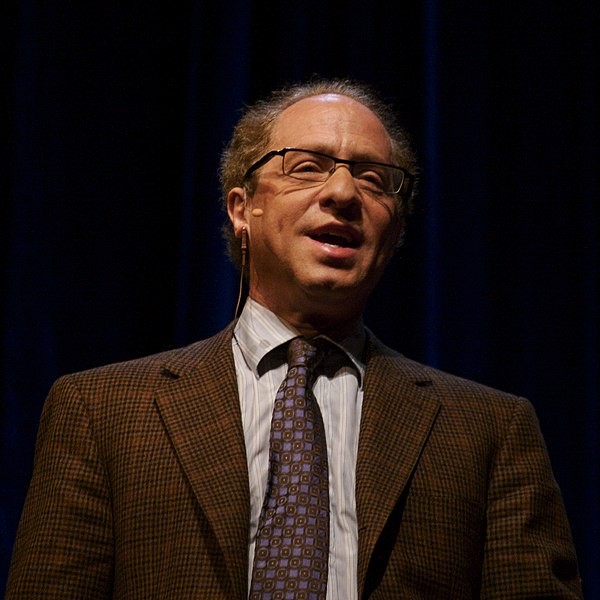
One of the most powerful proponents of the concept of "singularity" is Ray Kurzweil, a world-renowned American inventor and world-renowned authority on artificial intelligence. Some of his most familiar inventions include flatbed scanners and OCR software. Kurzweil, a thinker and futurist, has consistently predicted future technologies with remarkable accuracy. According to his prediction, the "singularity" will occur in 2045. He predicts that by that time, the clear distinction between humans and machines will be all but gone, which seems to be exactly what he envisions for the future world depicted in "AI no Idenshi."
Is the Future Utopia or Dystopia?
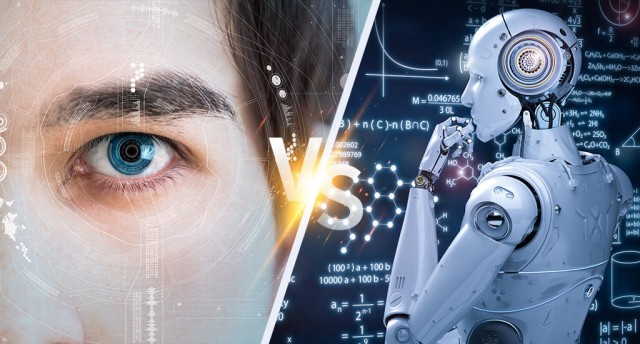
To us living in the modern era, the current world seems standard and taken for granted. However, our modern lives, where behavior is regulated by various common sense, rules, morals, and laws, and we live our lives pressed for time, may seem like a world of magical civilization and hellish advancement to the brave Vikings and Sengoku warlords who lived bravely. While technological advances bring about innovation, they also bring about irreversible changes, such as the drive out of local photo printing shops with the spread of digital cameras and the disappearance of bookstores due to the rise of online shopping. While television was once the center of entertainment in the home, the spread of the internet has made it no longer the king of the living room. Civilization never stops progressing, and we never revert to better times. Whether the singularity will occur in 2045 as Kurzweil predicts, such a turning point will arrive sooner or later. However, whether that world would be a utopia or a dystopia from our modern perspective is, frankly, impossible to determine at this point.
Conclusion
"AI's Legacy" does not directly depict the "negative aspects" of technological advancement. I understand that this was intentionally omitted by author Goura Yamada. (For this reason, I believe that the sequel, "AI's Legacy: Red Queen," is a reactionary depiction of the problems that could arise in emerging countries in a world where AI has permeated the entire globe.) The speed at which the world we live in is changing seems to be accelerating exponentially. As the world changes, what was previously accepted may be rejected tomorrow. Common sense is not universal; it changes and shifts as society transforms. Even in such a changing world, the acts of love, compassion, and cherishing one another have remained "wonderful" since ancient times. I believe that the theme of "AI's Legacy: Red Queen" is precisely that of "raising issues" by depicting "what changes and what remains the same." There is no "absolute answer," so each person who consumes the work is expected to come up with their own answer.




